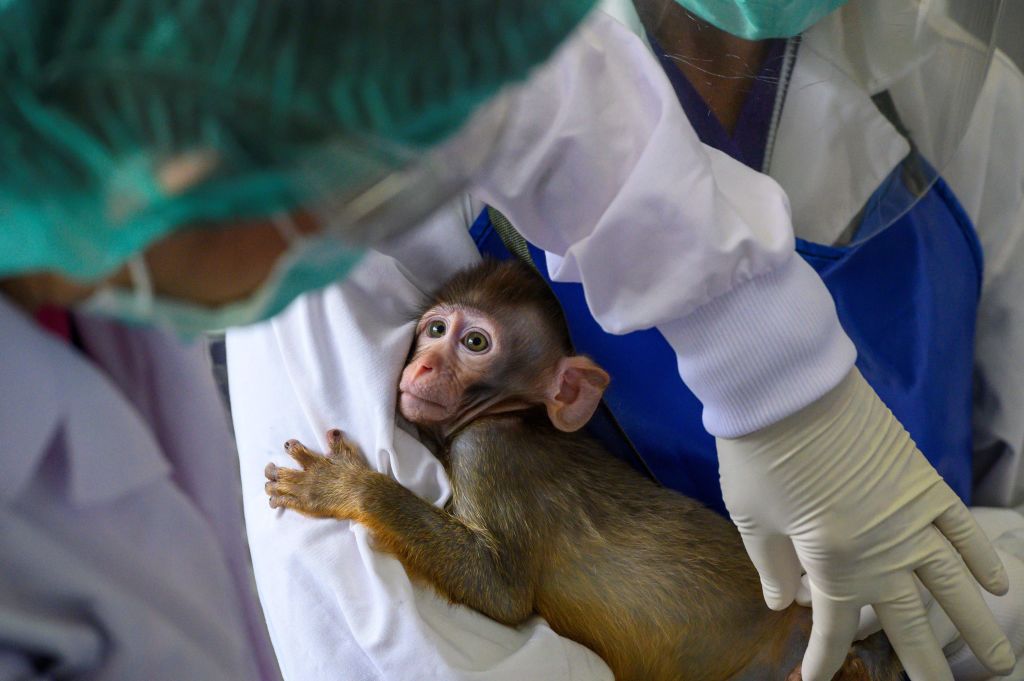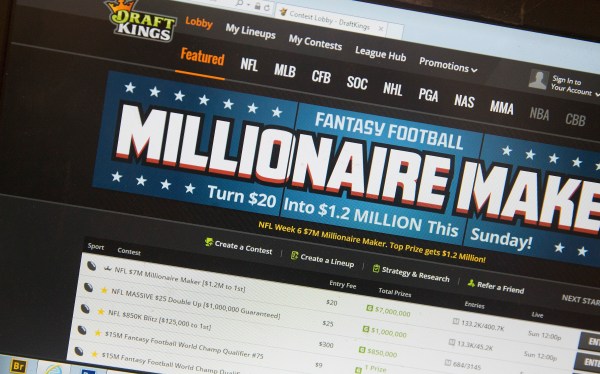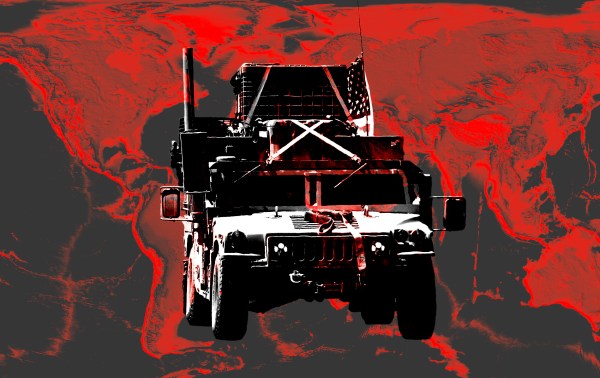The United States hasn’t had enough non-human primates to go around the last few years.
First, America’s largest supplier, China, ceased exporting them in 2020. Then the COVID-19 pandemic drove up demand for primates used in lab testing. Then animal trafficking allegations in America’s new largest source, Cambodia, caused the importer Inotiv to pause distribution last year.
The shortage of imports means that thousands of potential research projects have slowed down or stopped—a global problem given the importance of America’s pharmaceutical industry. And now that problem is only getting worse: Charles River Laboratories, one of America’s largest non-human primate importers, has now suspended shipments from Cambodia.
Charles River Labs announced in a February report that it was joining Inotiv in suspending imports from Cambodia. The company had been subpoenaed by the Justice Department as a part of an ongoing investigation into the alleged Cambodian monkey laundering ring. CRL stated it intended “to fully cooperate with the U.S. government as part of their investigation.”
Meanwhile, even the primates Charles River currently has in the United States aren’t usable for research, Charles River CEO James Foster said during an earnings call last month.
“We recently had a number of shipments of NHPs from our Cambodian supplier denied clearance by the U.S. Fish and Wildlife Service, which has oversight of these permits/shipments stateside,” Amy Cianciaruso, vice president of Charles River Laboratories, told The Dispatch.
(The denied clearance caused some public confusion. On March 13, the People for Ethical Treatment of Animals (PETA) claimed that the organization had learned Charles River Laboratories would be shipping 1,000 NHPs back to Cambodia the following day. CRL denies any such shipment took place. PETA told The Dispatch that the shipment did not end up taking place but still may. A representative for the U.S. Fish and Wildlife Service said she was unable to comment about what will happen to the monkeys.)
Cianciaruso also stated that CRL will not import NHPs from Cambodia until new procedures for verifying their provenance are developed with the Fish and Wildlife Service.
“You want to extrapolate this and say this is an industry issue, a relatively profound one because drugs aren’t going to move through preclinical and into the clinic,” Foster said on the earnings call. “Biologics are not going to move unless they’re tested on large animals, and it has to be NHP.”
The impact of the NHP shortage on drug testing is something industry experts have been warning about since the mid-2010s. In 2018, the National Institutes of Health referred to the NHP shortage as an “ongoing challenge,” even with access to the Chinese market. With China no longer exporting NHPs and Cambodian exports ceasing, at least temporarily, that challenge will only grow more difficult.
The past few years, the United States has imported roughly 30,000 non-human primates annually. It is estimated that Charles River Laboratories would have imported anywhere between 2,500 and 5,000 NHPs from Cambodia in 2023 if not for the suspension. It is unclear how many Inotiv would have imported, but the market has already responded to the dwindling supply caused by the companies stopping imports from Cambodia.
The Washington Post reported that Charles River Laboratories would be raising its prices on NHPs by over $10,000. That puts the price per primate at $33,000, an incredible increase from the price point of $2,500 that the industry had in 2019.







Please note that we at The Dispatch hold ourselves, our work, and our commenters to a higher standard than other places on the internet. We welcome comments that foster genuine debate or discussion—including comments critical of us or our work—but responses that include ad hominem attacks on fellow Dispatch members or are intended to stoke fear and anger may be moderated.
With your membership, you only have the ability to comment on The Morning Dispatch articles. Consider upgrading to join the conversation everywhere.